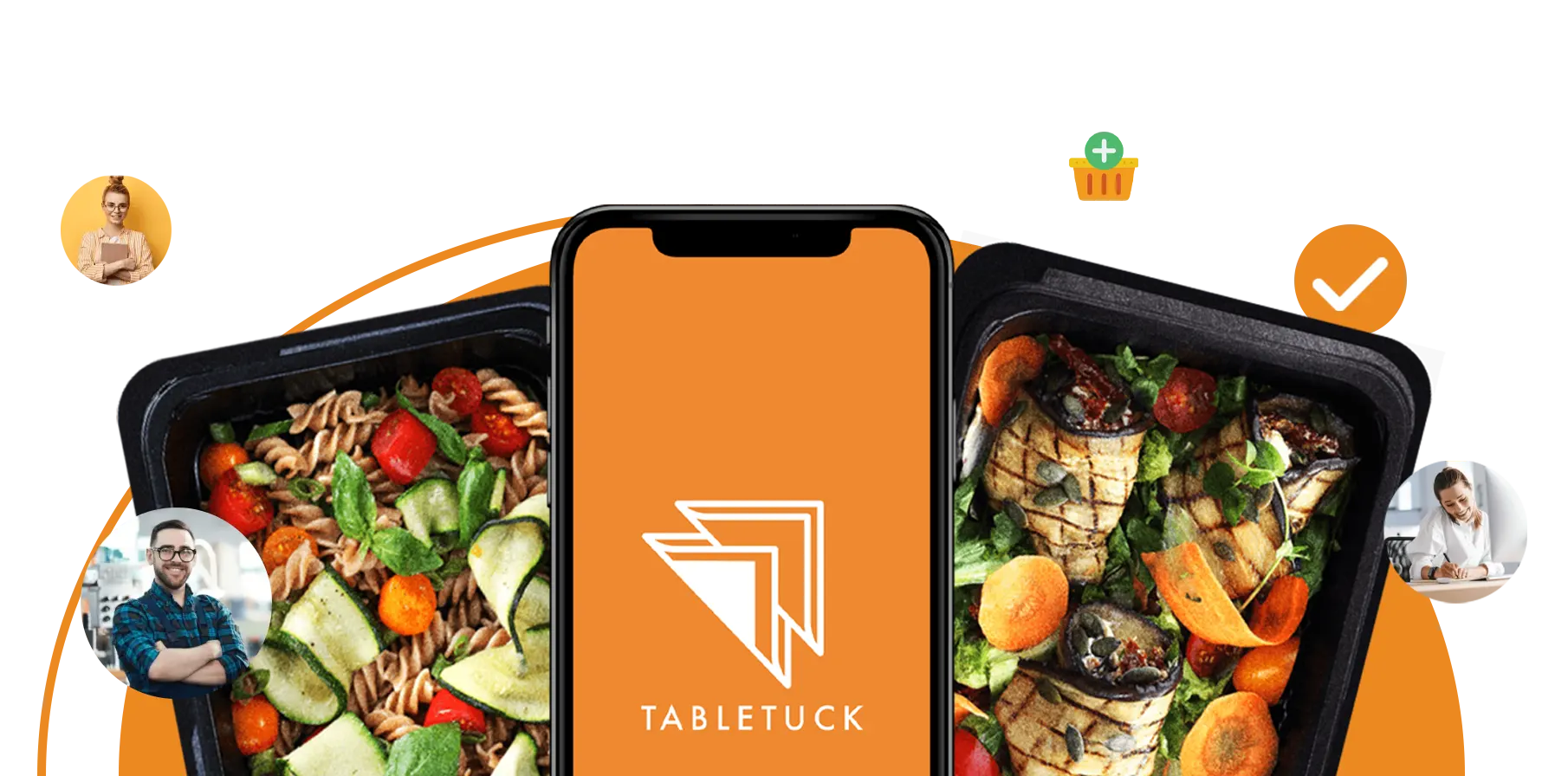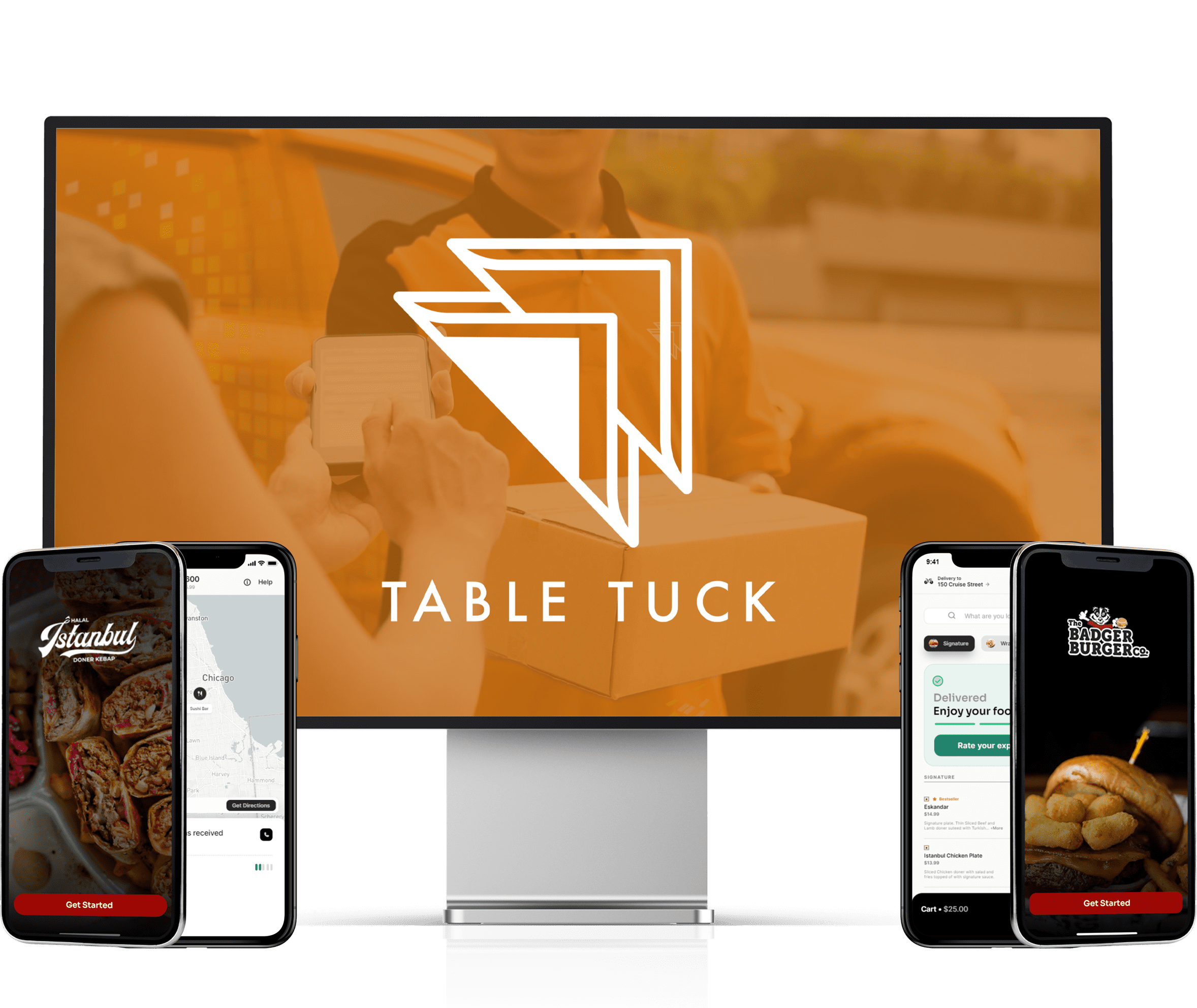Personalization in Dining Experiences





Dining out is not just about satisfying hunger; it's an experience. In today's competitive culinary landscape, restaurants are continually seeking innovative ways to stand out and create memorable moments for their patrons. One such approach gaining traction is personalization in dining experiences. Let's delve into what this entails, its benefits, methods, challenges, and the exciting future it holds.
Personalization in dining revolves around tailoring every aspect of the dining experience to suit the preferences and needs of individual customers. It goes beyond merely offering a varied menu or a cozy ambiance; it's about making each diner feel special and valued.
In an era where consumers seek unique and meaningful interactions, personalized dining experiences can set a restaurant apart from its competitors. It fosters a deeper connection between the establishment and its clientele, leading to increased loyalty and positive word-of-mouth.

By catering to the specific tastes and preferences of diners, restaurants can ensure a higher level of satisfaction. Whether it's accommodating dietary restrictions, offering favorite dishes, or remembering special occasions, personalized service leaves a lasting impression.
When customers feel understood and appreciated, they are more likely to become repeat patrons. Personalization fosters a sense of loyalty, with diners choosing to frequent establishments that make them feel valued and understood.
Satisfied and loyal customers are not only more likely to return but also to spend more during each visit. Personalization can lead to upselling opportunities, such as recommending premium dishes or suggesting wine pairings, thereby boosting revenue.

Restaurants can personalize menus by offering customizable options or incorporating customer favorites. Whether it's adjusting spice levels, accommodating allergies, or creating bespoke tasting menus, customization adds a personal touch to the dining experience.
The ambiance of a restaurant plays a significant role in shaping the dining experience. Personalization can involve adjusting lighting, music, and decor to align with the preferences of individual guests, creating a more intimate and comfortable atmosphere.
From personalized greetings to attentive staff trained to anticipate and fulfill customer needs, service plays a crucial role in personalization. By going the extra mile to cater to each guest's preferences, restaurants can elevate the dining experience.
High-end restaurants often excel in personalization, offering bespoke tasting menus, sommelier recommendations, and impeccable service tailored to each guest. From remembering preferred seating arrangements to anticipating dietary restrictions, fine dining establishments leave no detail overlooked.
Even casual dining establishments can embrace personalization, albeit in a more relaxed manner. From allowing customers to customize their orders to offering personalized recommendations based on past preferences, casual eateries can create memorable experiences on a budget.

Implementing personalized experiences can incur additional costs, from sourcing premium ingredients to training staff adequately. Balancing the desire for personalization with budget constraints can be a challenge for many restaurants, especially smaller establishments.
Managing personalized experiences requires careful coordination across various departments, from kitchen staff to front-of-house personnel. Ensuring seamless execution while maintaining efficiency can be challenging, particularly during peak hours or busy periods.
Advancements in technology, such as customer relationship management (CRM) systems and data analytics, can streamline personalization efforts. By harnessing data insights, restaurants can better understand customer preferences and tailor their offerings accordingly.
Investing in staff training is crucial to delivering personalized experiences consistently. Empowering employees to make on-the-spot decisions and anticipate customer needs fosters a culture of hospitality and ensures that personalized service becomes ingrained in the restaurant's DNA.

Artificial intelligence (AI) holds immense potential for revolutionizing personalization in dining. From chatbots capable of taking personalized orders to AI-driven menu recommendations based on individual preferences, the future promises even more tailored experiences.
Imagine being able to preview a restaurant's ambiance and menu virtually before making a reservation. Virtual reality (VR) technology can offer diners immersive previews of their dining experience, allowing them to customize elements such as table settings and lighting preferences.
Personalization in dining experiences is not just a trend; it's a fundamental shift in how restaurants engage with their customers. By embracing personalization, establishments can enhance customer satisfaction, foster loyalty, and drive revenue growth. As technology continues to evolve, the possibilities for personalized dining experiences are limitless, promising an exciting future for culinary enthusiasts worldwide.

Restaurants can collect data through voluntary means, such as loyalty programs, reservation preferences, and feedback forms. By being transparent about data usage and offering opt-in options, establishments can respect customer privacy while still personalizing experiences.
Not at all. While fine dining establishments may excel in personalization due to their resources, casual dining venues can also offer personalized experiences, albeit on a smaller scale. It's all about understanding and catering to the preferences of your target audience.
Implementing personalized experiences may involve upfront costs, such as staff training and technology investment. However, the long-term benefits, including higher customer satisfaction and loyalty, often outweigh the initial expenses.
Standardizing processes and training protocols is key to ensuring consistency in personalized experiences. Establishing clear guidelines and leveraging technology for centralized data management can help maintain uniformity across multiple locations.
Feedback is invaluable for restaurants looking to improve and refine their personalized offerings. By actively soliciting feedback from customers and analyzing trends, establishments can identify areas for improvement and tailor their services accordingly.
Elevate Your Online Kitchen Order Processing Journey Today.